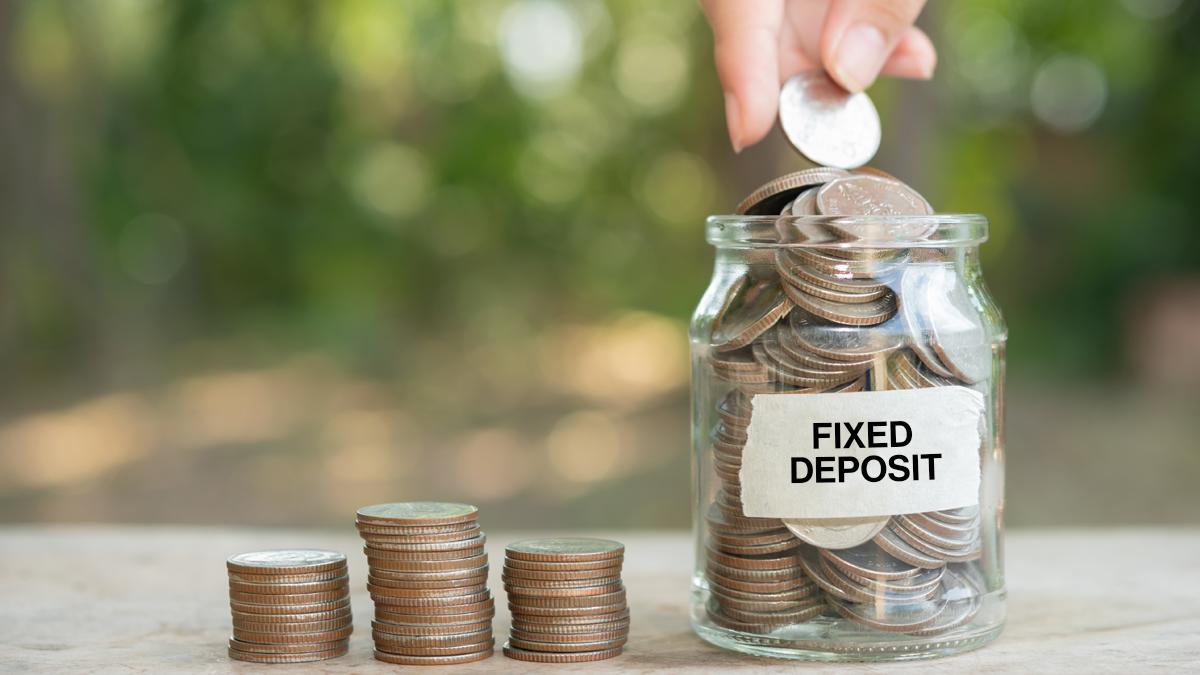Fixed Deposits
A fixed deposit (FD) is a type of savings account that is offered by banks and other financial institutions. It is also referred to as a term deposit. It is a low-risk investment option where an investor deposits a lump sum of money for a fixed period of time, usually ranging from a few months to several years. In return, the investor receives a fixed rate of interest on their deposit, which is generally higher than the interest rate on a savings account. The interest rate is usually fixed for the entire term of the deposit. At the end of the term, the investor can either withdraw the deposit along with the accumulated interest or choose to renew the deposit for another term. Some institutions also offer premature withdrawal of FD but it comes with some penalties.


NCDs
A Non-Convertible Debenture (NCD) is a type of debt instrument that is issued by companies and organizations to raise capital. NCDs are similar to bonds and are issued for a fixed period of time, usually ranging from a few months to several years. They are called non-convertible because they cannot be converted into equity shares of the issuing company. Instead, they represent a loan that the investor makes to the issuer. Investors who purchase NCDs are entitled to a fixed rate of interest on their investment. The interest rate is usually higher than the interest rate on fixed deposits. NCDs are typically listed and traded on a stock exchange, making them easily tradable. They can be bought and sold just like shares, and the price of an NCD can fluctuate based on market conditions. NCDs are considered to be less risky than equity shares, but more risky than fixed deposits.
Bonds
A bond is a type of debt security that involves borrowing money from investors. When a company or government issues a bond, it is essentially taking out a loan from the bondholders, and agreeing to pay back the principal amount of the loan plus interest at a later date. Bonds are typically issued with a fixed term, which is the length of time that the bond will remain outstanding. At the end of the term, the issuer will pay back the principal amount of the loan to the bondholders. In the meantime, the issuer will typically make periodic interest payments to the bondholders, known as coupon payments. The interest rate, or yield, on a bond is the rate at which the issuer agrees to pay interest to the bondholders. Bonds are often used by governments and companies as a way to raise capital for various purposes, such as funding infrastructure projects or expanding a business. Investors who buy bonds may do so for a variety of reasons, such as to earn a steady stream of income from the coupon payments, to diversify their investment portfolio, or to preserve capital.
